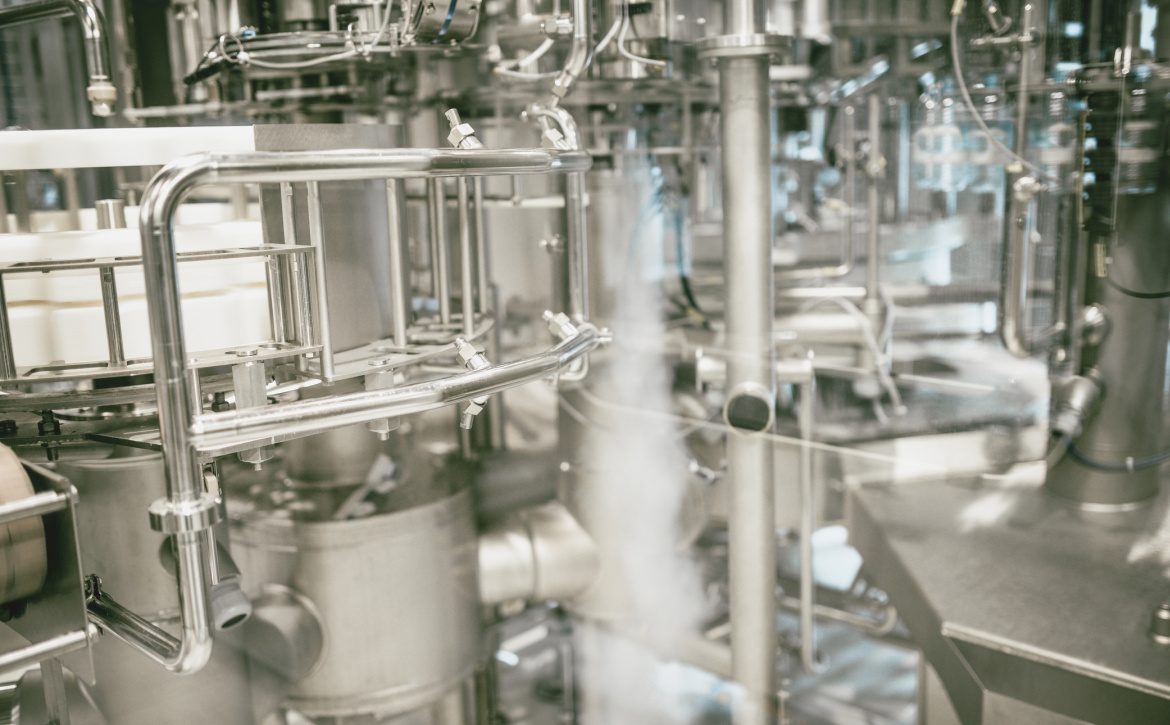At a time when it is becoming increasingly difficult to use tariff concessions, a recent Tribunal decision has opened the door for tariff concession orders to be granted in respect of bespoke made to order capital equipment, even where there is a willing and able Australian industry.
Historically, local industry could resist tariff concessions over capital equipment they have never produced by demonstrating that they have the know-how and facilities to make the relevant goods. A recent Administrative Appeals Tribunal (AAT) case has demonstrated that a willingness to produce is not enough – there must be evidence of previous production.
Background – made-to-order capital equipment
Before a TCO can be made, it must be shown that substitutable goods are not produced in Australia in the ordinary course of business. For goods that are regularly produced, the ordinary course of business requirement is met by showing goods are held on stock were produced in the previous two years or have been produced intermittently over the past five years.
The ordinary course of business test for made-to-order capital goods looks at whether there is a producer in Australia who has made goods requiring the same labour skills, technology and design expertise in the previous two years, and whether the relevant goods could be produced with existing facilities.
Customs has administered the test on the basis that for made-to-order capital equipment, actual manufacture of substitutable goods (at any time) did not have to be shown, merely the capacity and willingness to make those goods was required.
The policy presumably behind this approach was that made-to-order capital equipment is unique and produced in low quantities. Failure to have produced substitutable goods in the past would not necessarily demonstrate that there was not an Australian manufacturer who could benefit from tariff protection.
Customs’ approach put to the test
In Vesta – Australian Wind Technology Pty Limited and CEO of Customs the AAT considered a TCO for certain gearboxes for wind turbine nacelles. It was accepted that substitutable goods had not been previously made in Australia. However, a local manufacturer argued that the TCO goods were made-to-order capital equipment, and as such, it did not need to have actually made the goods, but rather have previously made goods requiring the same labour, skill, technology and design expertise, and could produce the substitutable goods with existing facilities.
Customs argued that both the legislation and past cases supported the view that actual substitutable goods did not need to have been produced in Australia, but would be deemed to have been produced if there was a demonstrated capacity to produce with existing facilities.
Vesta successfully argued that the provisions in the Customs Act dealing with made-to-order capital equipment did not remove the requirement for there to have been actual past production of the substitutable goods at some time. All the relevant provisions addressed was the “ordinary course of business” requirement, which relates to the time of production.
The Tribunal held that the provisions were aimed at protecting an Australian industry that had already produced substitutable goods within a certain timeframe. For made-to-order capital equipment that timeframe is extended. However, the policy is not to protect capability and willingness to produce when substitutable goods have never been produced.
Greater opportunity for concessions for capital equipment
This is a positive change for importers. Given the uniqueness of made-to-order capital equipment, there will always be a strong chance that substitutable goods have never been produced. Previously such situations were met with the response that although they have not been made, they could be made. If this decision stands, a willingness to produce without previous production will no longer be enough to prevent a TCO being made. A local manufacturer will need to prove at some point in time it produced a good substitutable for the made-to-order capital equipment.
This will make it easier for TCOs to be obtained in respect of capital equipment. This will come as a relief to some importers given the increased difficulty of using the Enhanced Project By-Law Scheme.
What’s next?
The decision is reasonably sound, although it does apply a strict interpretation of the law. Customs has 28 days to appeal. No doubt Customs will feel that the decision does not reflect the intent of parliament. If Customs does not believe that it would be successful on appeal, expect to see a move for legislative change.





